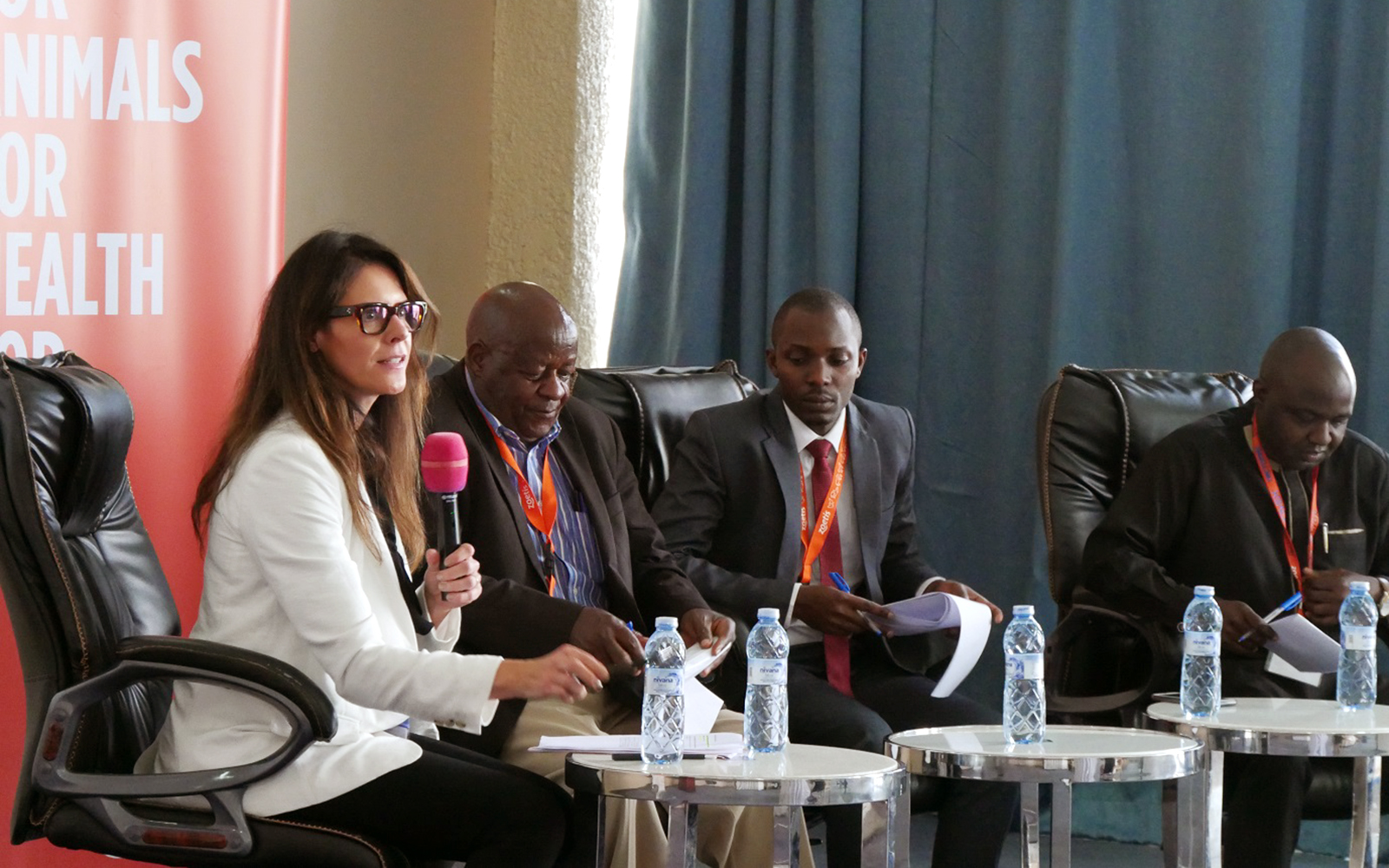
|
Getting your Trinity Audio player ready...
|
Throughout my career, I have had an unwavering commitment to purpose-driven work, continuously seeking opportunities to enable businesses to do well by doing good. These values are deeply rooted in what I learned from my parents. Following the Cuban Revolution in the 1960s, they decided to seek a better future for their family by moving to Spain and later settling in the United States. They faced many obstacles in doing so, but they were as deeply committed to helping others as they were to rebuilding a life for themselves and their children.
As a leader, I have made it a point to honor my parents by learning as much as I can about advancing social purpose and shared value in business. Whether I’m working to advance sustainability or empower the underserved or improve livelihoods around the world, my parents’ lessons are my personal and professional North Star.
I have not been alone in this regard. For a while now, executives have been challenged to think and act in this way—to see beyond compliance and profitability and instead create shared value throughout the supply chain, thereby driving positive impact for the business as well as its diverse stakeholders.
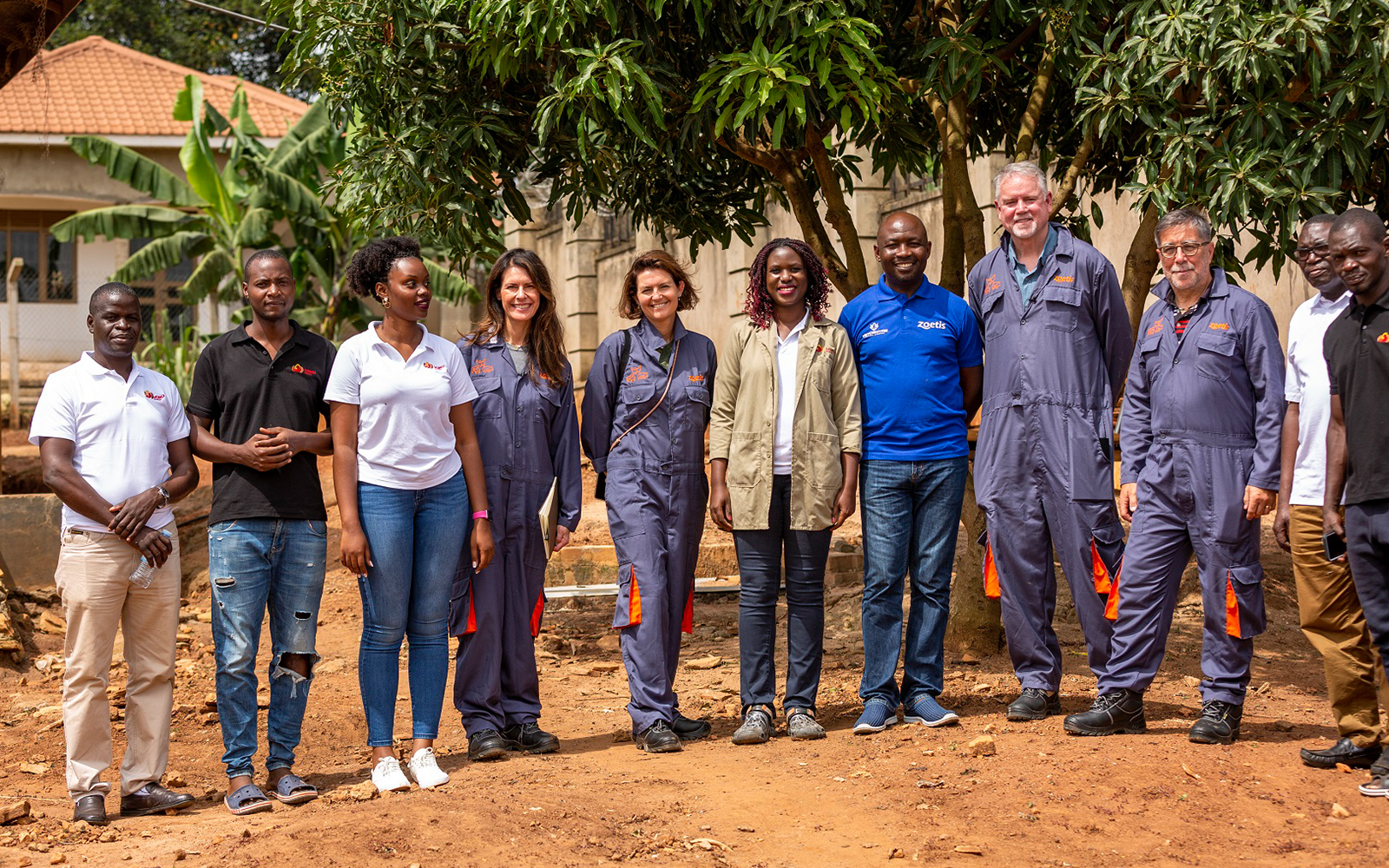
But our collective approach to corporate social responsibility has evolved since I started my career. I joined the women’s apparel industry after graduating from Fordham University and spent more than twenty years setting up key strategic functions, including a global sustainability team. In those early days, such programs were siloed more often than not—a single team working to advance corporate social responsibility goals while the rest of the company focused on more traditional business aims.
As my career progressed, I spearheaded the development of other important programs, including a human rights compliance program for a leading women’s retailer and later animal welfare, environmental, and social impact programs supporting contract factories across the globe. I also led a global team responsible for programs providing education and financial literacy to women workers in the company’s supply chain, and helped the company join the Sustainable Apparel Coalition and become a signatory to the UN Women’s Empowerment Principles.
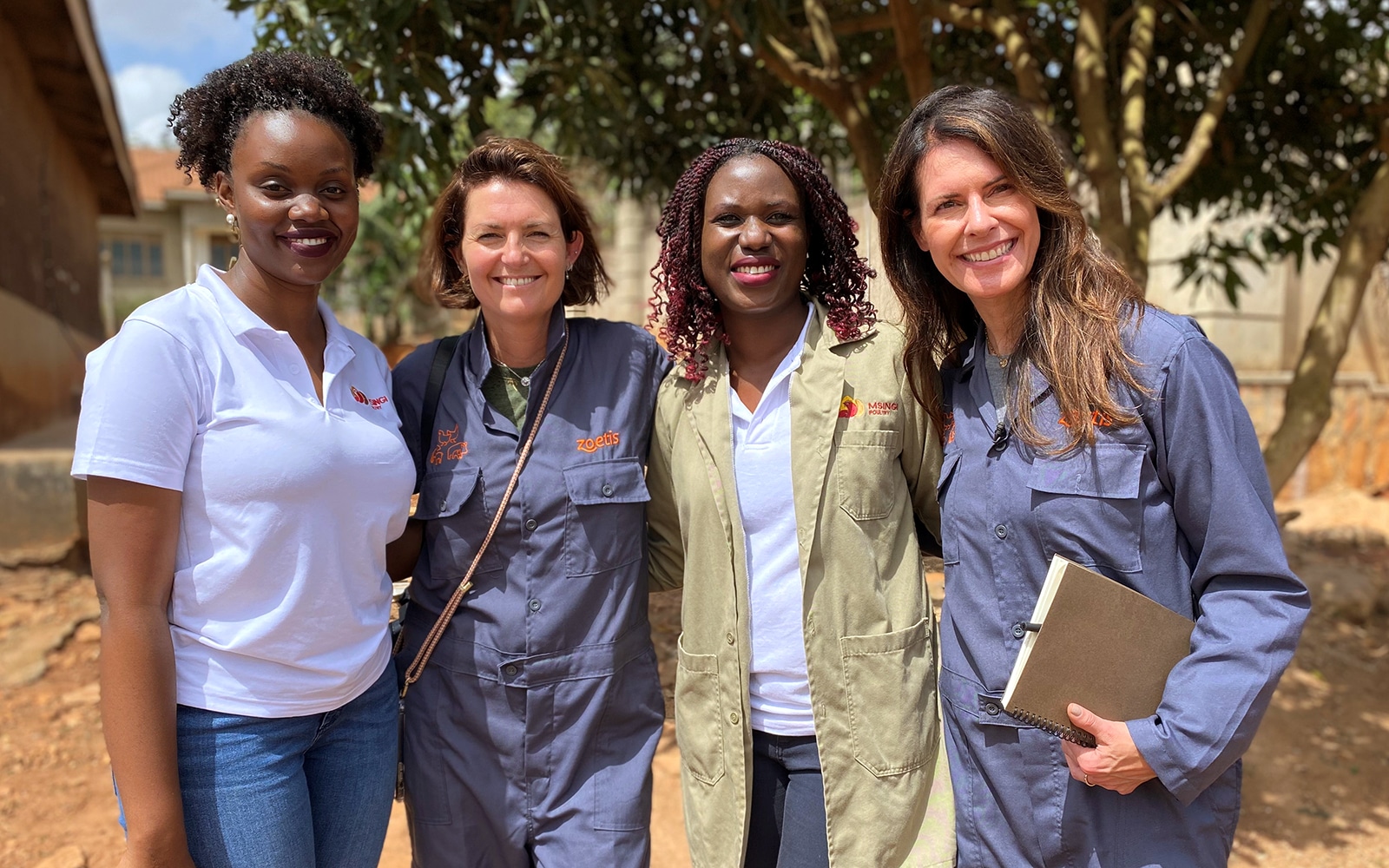
As I worked on these programs, I noticed a significant change: companies were beginning to integrate corporate social responsibility approaches into the entire business rather than isolating them within an individual team, program, or division.
Now, more than ever, companies must adopt this type of integrated approach if they are to take an active role in addressing important environmental, social and governance issues.
I have seen the efficacy of this integrated approach firsthand since joining Zoetis in 2020. A Fortune 500 company and the global leader in animal health, Zoetis provides veterinarians, livestock farmers, and pet owners with the vaccines, medicines, and diagnostics products they need to raise and care for healthy pets and farm animals.
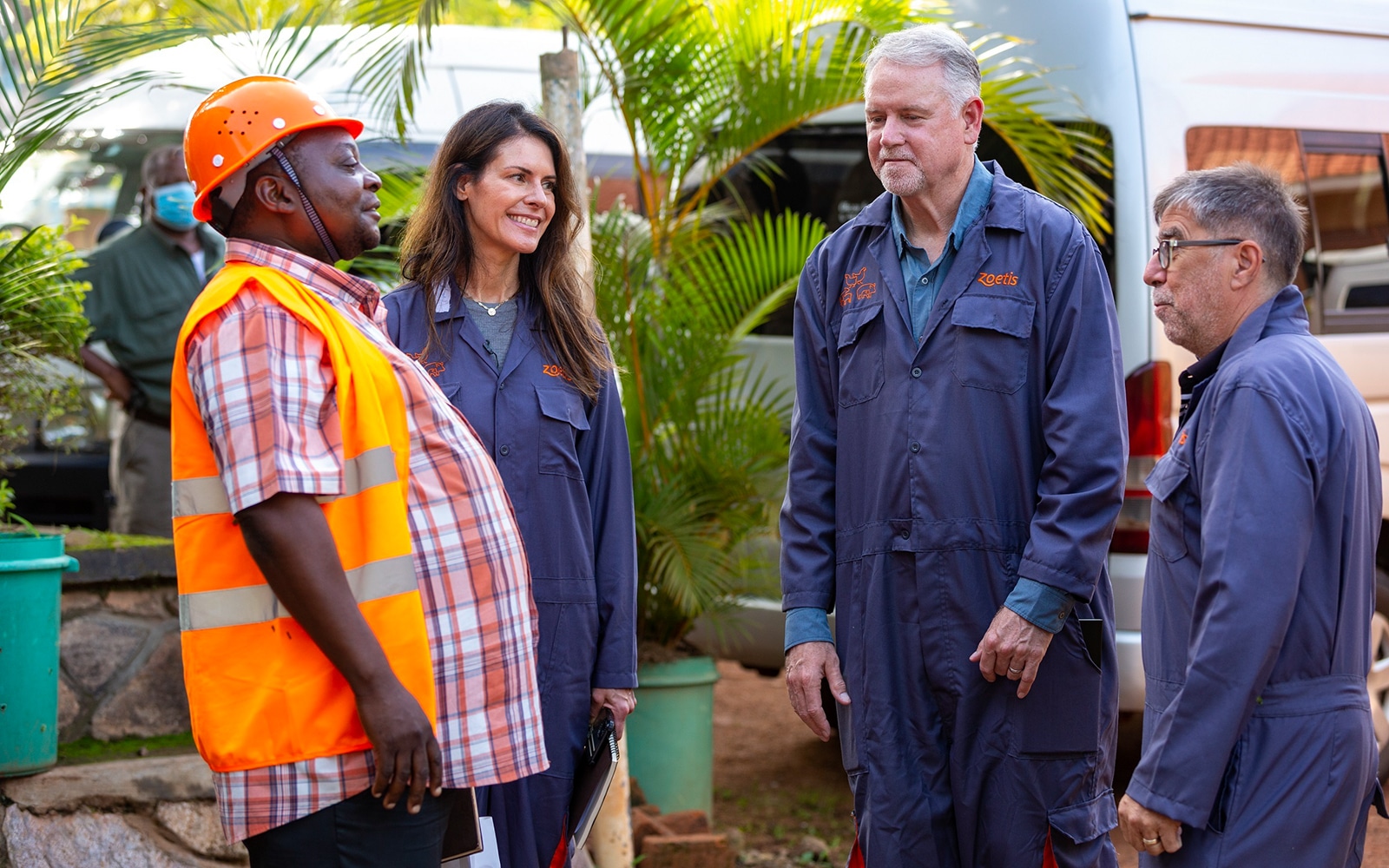
When I took on the role as chief sustainability officer, I was asked to launch the company’s first global sustainability strategy—a challenge at any point, but particularly at a time when the industry was facing crucial environmental and social challenges.
But I saw that challenge as an opportunity—to find new ways to integrate sustainability into our core business strategy and amplify how we bring our purpose to life for our colleagues, customers, partners, and the communities we serve every day.
Animal health plays a critical role in improving livelihoods and sustaining healthy ecosystems for people, animals, and the planet. Livestock are an essential asset to rural communities, and the health of livestock is critical to achieving food security. This is particularly true of sub-Saharan Africa (SSA), a region with one of the highest food insecurity rates and one of the highest human population growth rates in the world.
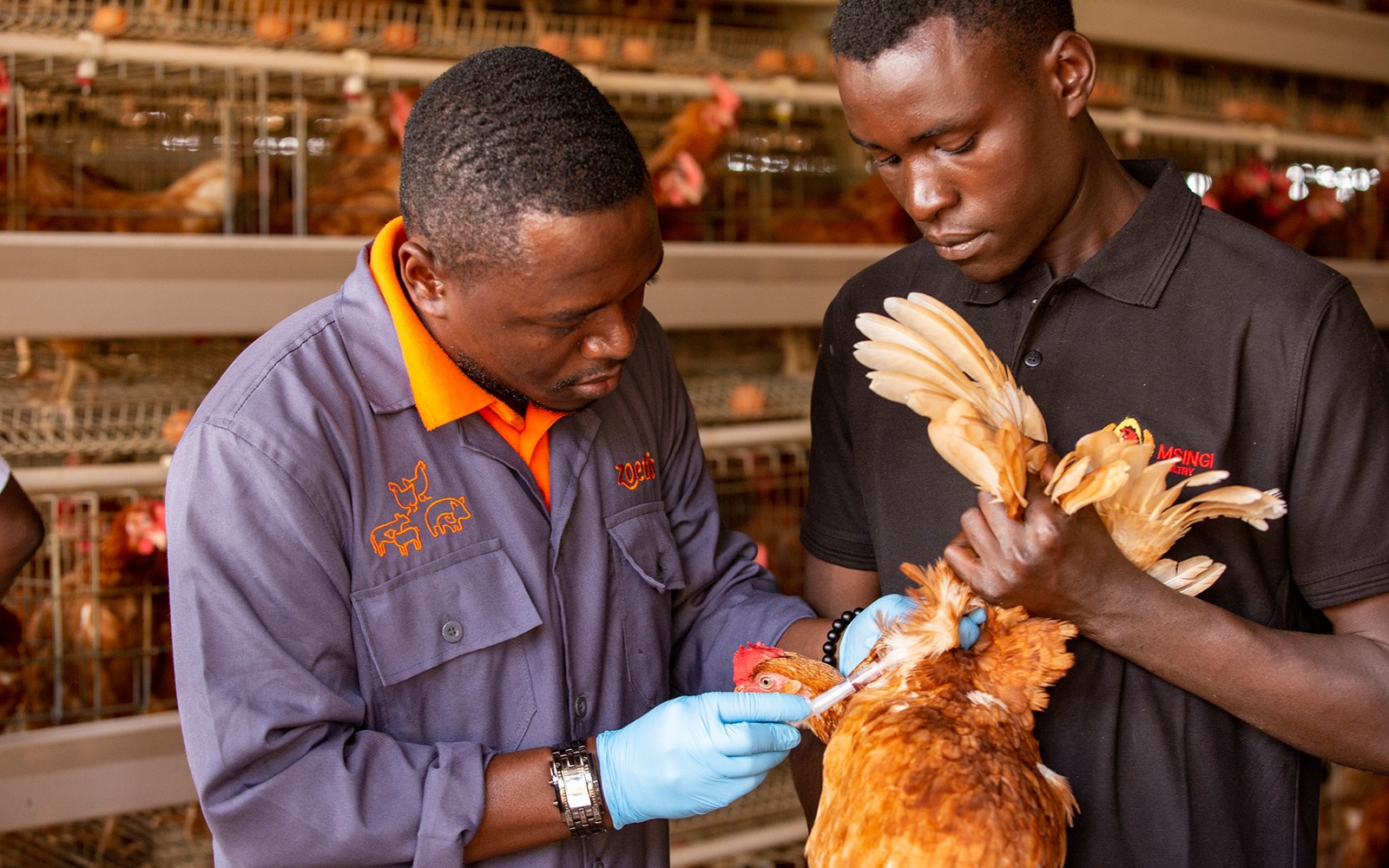
One of the initiatives I am most proud of—one that embodies Zoetis’ purpose and one that illustrates the impact of an integrated approach to corporate social sustainability—is our African Livestock Productivity and Health Advancement (ALPHA) initiative. Cofunded with a grant from the Bill & Melinda Gates Foundation, ALPHA is dedicated to improving animal health and livelihoods in SSA by increasing access to quality veterinary vaccines, medicines and services, diagnostic laboratory networks, and animal health training.
I recently witnessed the impact of ALPHA when I traveled to Uganda to celebrate the five-year anniversary of the initiative and experienced firsthand the impact of our team’s efforts to create a foundation and sustainable pathway for resilient food systems.
The need for that foundation, and for greater resiliency in small-holder farming, was evident. Two-thirds of the global extreme poor live in SSA, where small-holder farms are the predominant form of agriculture. However, around 20 percent of livestock are lost to disease each year, posing a threat to farmer livelihoods as well as the region’s limited natural resources. Our ALPHA initiative helps advance Zoetis’ aspirations to grow veterinary care in emerging markets, but it also demonstrates how we are leading with corporate purpose to advance our philanthropic priorities (education, wellness, and improved livelihoods).
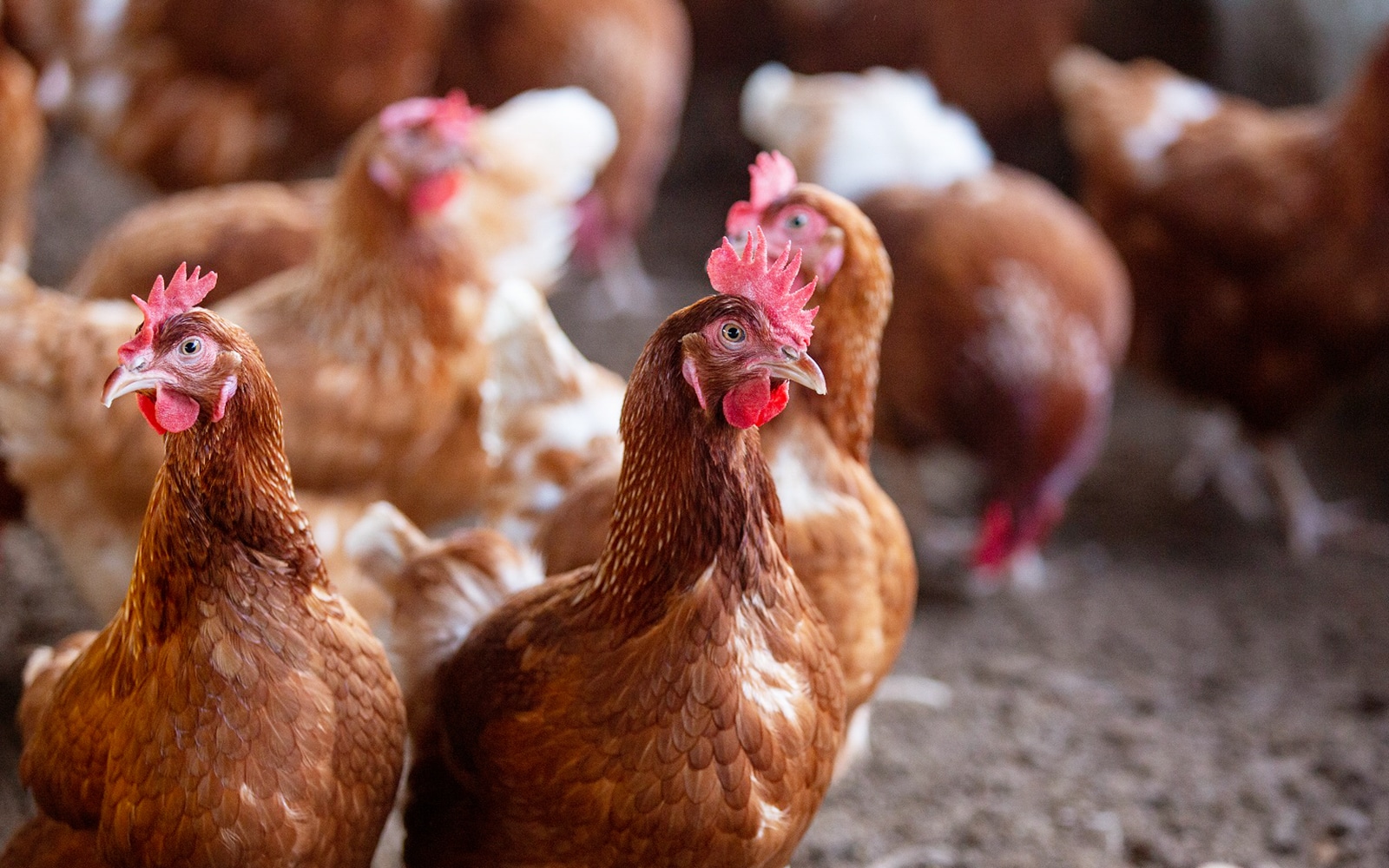
This is by no means the only example of how an integrated approach has enabled Zoetis to make consistent headway toward both its business goals and its corporate social responsibility priorities. Our recently published 2021 Sustainability Progress Update explores the many ways that Zoetis is working to champion a healthier, more sustainable future in emerging markets and beyond through specific actions that support communities, animals, and the planet.
I know that business can be a powerful force for good. In today’s world, companies need to play a key role in driving the change we all want to see—and as executives, we have a responsibility to look for meaningful ways to integrate purpose into everyday decisions. When that happens, we’ll not only ensure the health of the business but also foster lasting connections and create impact throughout the value chain and beyond.
The views expressed in this article are those of the author and do not necessarily reflect the position of Hispanic Executive or Guerrero Media.
Jeannette Ferran Astorga is the executive vice president of corporate affairs and communications and the chief sustainability officer at Zoetis. She also serves as president of the Zoetis Foundation. In these roles, Ferran Astorga is responsible for the company’s integrated and comprehensive approach to public policy, corporate reputation, and global communications and oversees the global sustainability and ESG strategy.
Prior to joining Zoetis, Ferran Astorga was vice president of corporate responsibility at the ascena Retail Group, where she led the global team responsible for supply chain compliance and sustainability, diversity and inclusion, and corporate philanthropy. Throughout her tenure in fashion retail, she held a variety of management roles with increasing responsibilities in information systems, merchandise planning, and various business support functions. She currently serves on the Executive Committee of the Global Roundtable for Sustainable Beef and is the chair of the leadership team for HealthforAnimals. Deeply committed to supporting women’s initiatives, she volunteers as an executive mentor through various organizations including 92Y Women in Power and New Women, New Yorkers, a nonprofit providing mentorship for immigrant women seeking employment in NYC.
Ferran Astorga was recognized as one of Assent’s 2020 Top 100 Corporate Social Responsibility Influence Leaders. She earned a bachelor of science degree in international marketing/finance from Fordham University in New York and has completed a Harvard Business School Executive Education Program in corporate social Responsibility.








